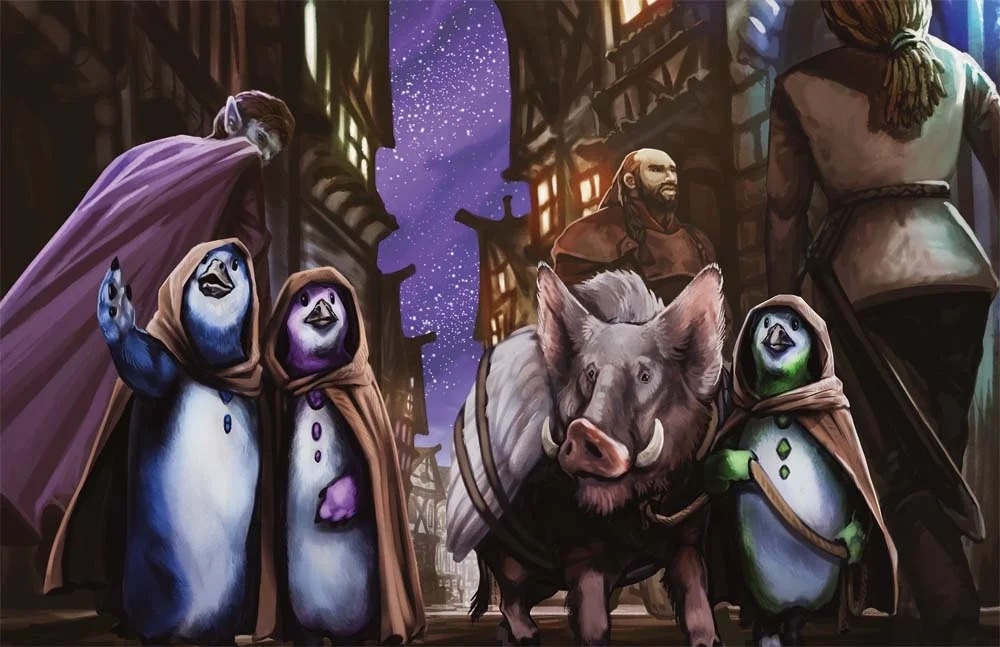- Location
- Patriarchova
… is this just fantasy anti-semitism again?
Because this sounds like a "Middleman minority" through the lens of the people who hate them.
Sort of? Other minorities in similar positions throughout history have faced the same type of demonization.


